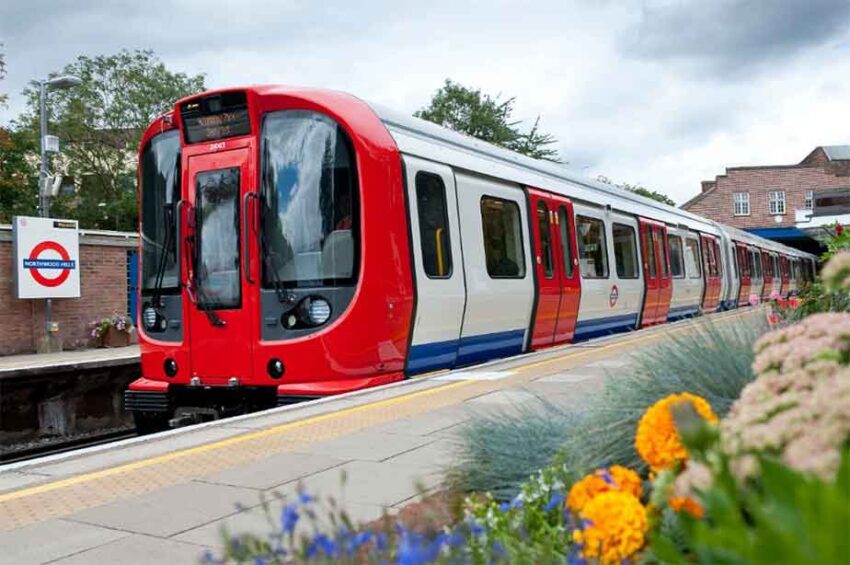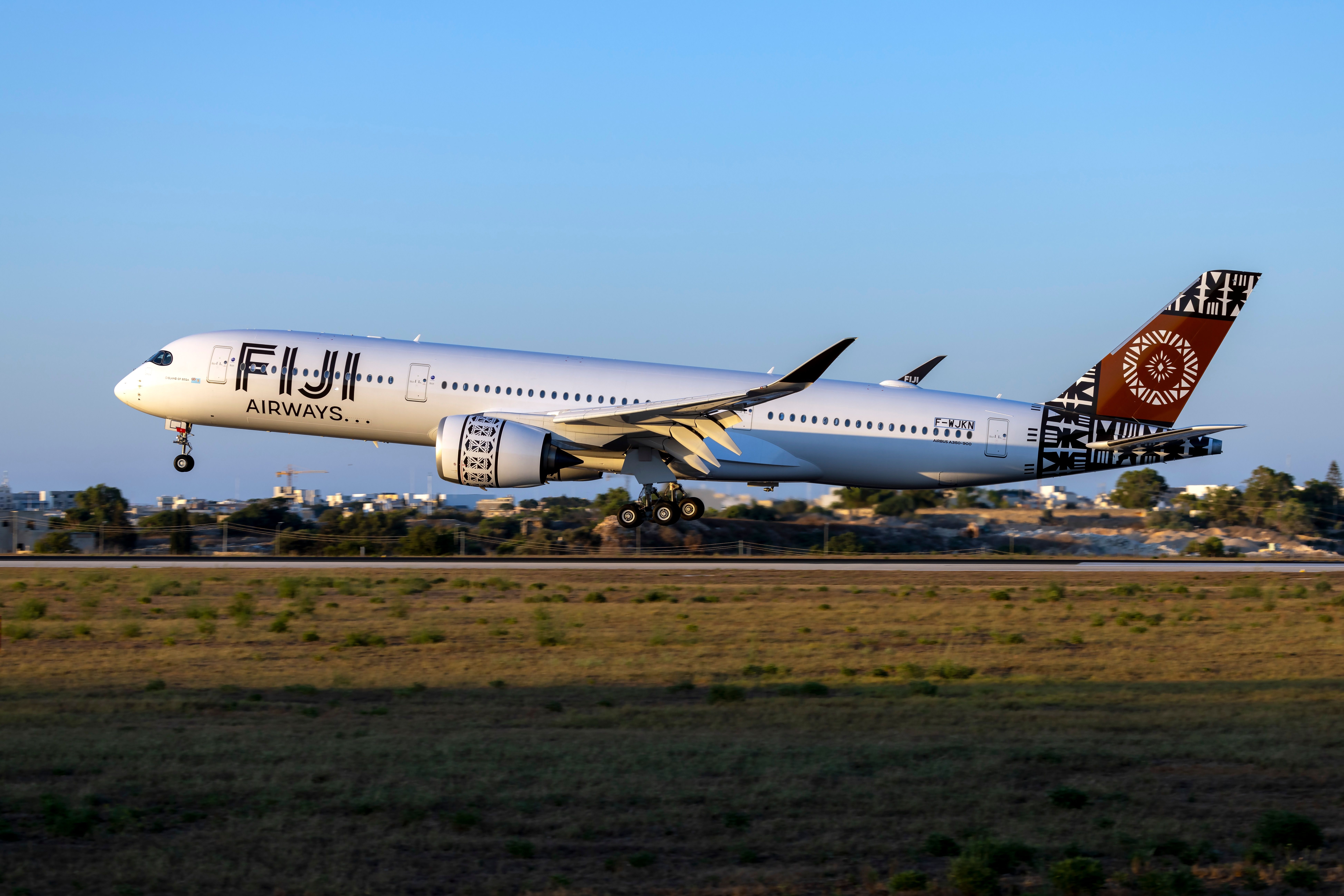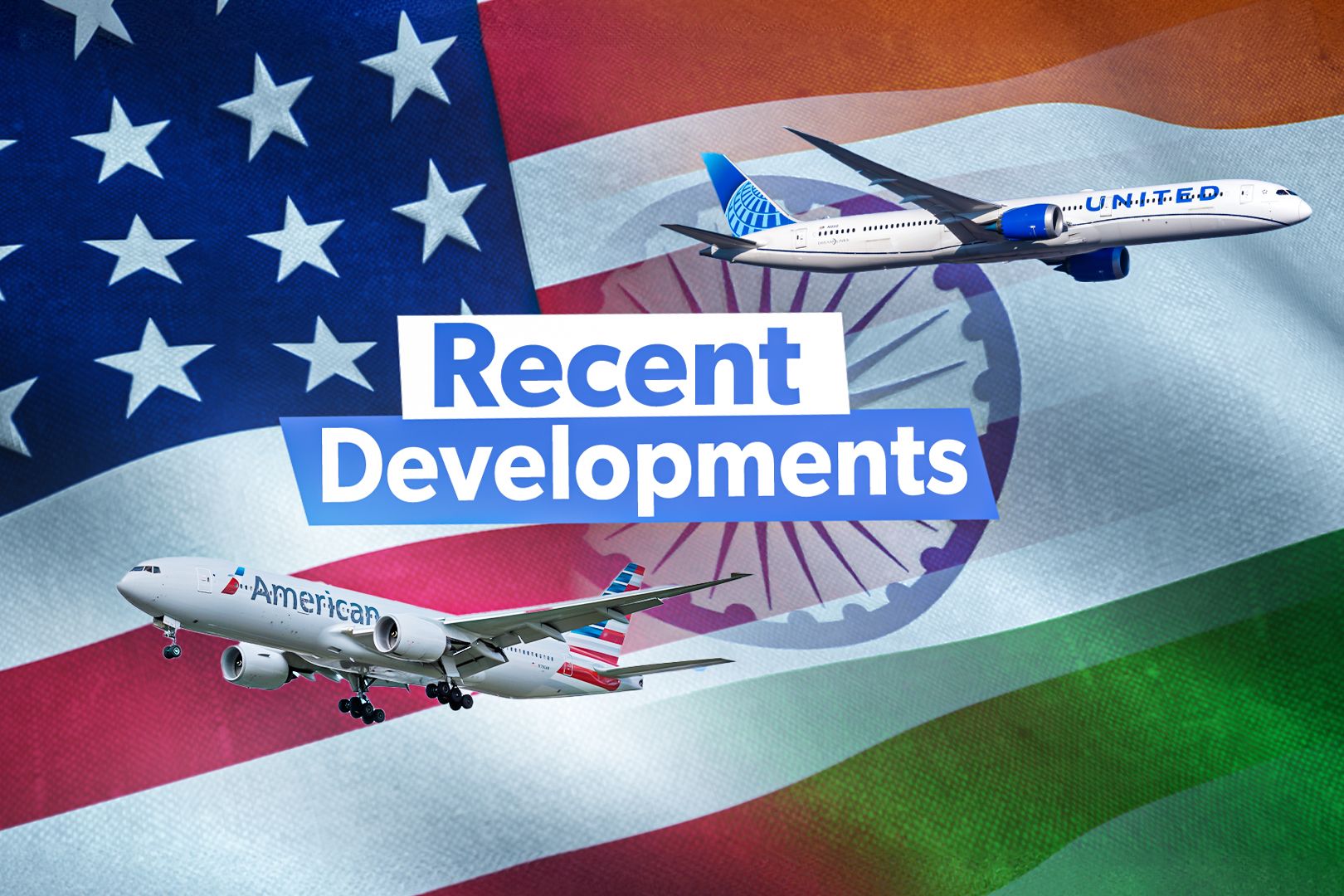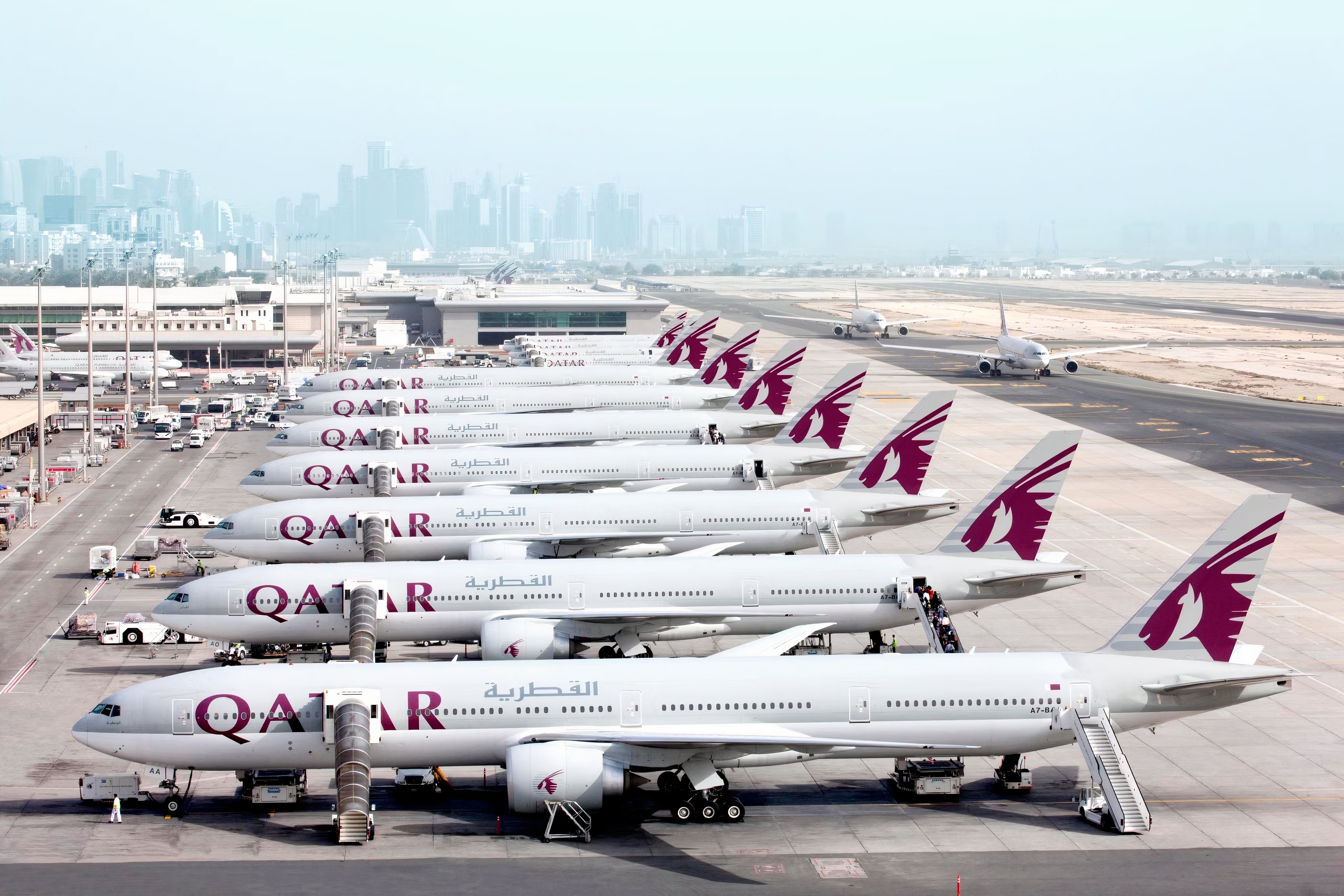Monday, August 19, 2024 The travel industry is bracing for significant disruptions following the ASLEF Union’s announcement of new strike action that could affect London trains for 11 weekends. The planned strikes, set to take place from August 31 to November 10, are expected to cause widespread cancellations and delays, particularly for services terminating at London Kings Cross. This industrial action is anticipated to impact travelers on key routes from Inverness, Aberdeen, Bradford, Middlesbrough, Hull, and Lincoln, posing a substantial challenge for both domestic and international travel.
According to officials, the strike action will affect all LNER (London North Eastern Railway) services, a vital operator in the UK’s rail network. National Rail has acknowledged the announcement of industrial action and stated on its website that the strikes are scheduled for Saturdays and Sundays during the specified period. LNER has indicated that it is currently assessing the impact on planned timetables and will provide further details once the situation is fully understood and plans are confirmed.

The strike action is expected to affect the following dates, causing potential travel disruptions: The ASLEF Union’s lead negotiator has stated that the strike is a necessary measure to prioritize its members’ well-being in what they describe as a ‘toxic situation’ regarding working conditions. This ongoing dispute between the union and the rail operator centers around issues that have escalated to the point where union members feel compelled to take action. The decision to strike, particularly over weekends, reflects the union’s strategy to maximize the impact of the action, emphasizing the seriousness of the grievances that have led to this point.
The planned strikes are expected to have wide-reaching implications for the travel industry, particularly in the UK. With London Kings Cross being a major hub for both national and international travelers, the disruptions are likely to cause significant delays and cancellations. This could lead to a ripple effect, impacting hotel bookings, tourism, and business travel.
The strike could also discourage international travelers from visiting the UK during this period, as uncertainty around travel plans may lead to cancellations or changes in itineraries. For the rail operator LNER, the strike action presents substantial economic and operational challenges. The need to reassess and potentially overhaul timetables will not only strain resources but could also lead to financial losses due to reduced ticket sales and the costs associated with managing the disruptions.
Additionally, the strike may damage the operator’s reputation, particularly if travelers are unable to find alternative transport solutions. For global travelers, the strike action in the UK serves as a reminder of the uncertainties that can affect travel plans. Those with journeys scheduled on the affected weekends may need to explore alternative travel arrangements, potentially incurring additional costs or facing delays.
The disruption could also have a knock-on effect on connecting flights and international travel plans, making it a significant consideration for anyone planning to travel to or through London during this period. In the longer term, the strike could lead to a reassessment of labor relations within the UK’s rail industry, particularly if the disputes are not resolved quickly. The ongoing tensions between the union and rail operators highlight the need for a sustainable solution that addresses the concerns of the workforce while ensuring the reliability of services for travelers.
As the situation unfolds, the travel industry will need to remain agile, providing travelers with timely information and support to navigate the disruptions. The global implications of such industrial actions underscore the interconnectedness of the travel industry and the importance of effective communication and contingency planning..



















